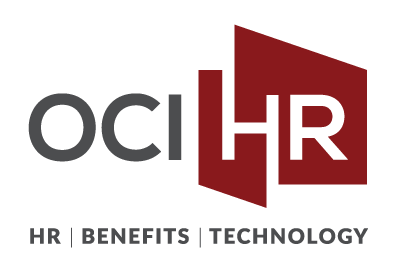Posted on by Elizabeth Quirk in Best Practices, Staff Pick

Talent management is the process of recruiting, training, developing and retaining staff by organizations so that they are able to reach their business goals. In general, talent management can be considered a discipline as big as the role of HR or a small bunch of initiatives aimed at people and overall organization development. It implies that these organizations are strategic in sourcing, attracting, selecting, training, developing, retaining, promoting and moving employees throughout the organization.
Talent management systems, on the other hand, are integrated software solutions built to track and manage the recruitment, professional development and performance of employees and potential candidates. These systems enable the automation of all the processes within the talent management realm and simplify workflows for HR and the company as a whole.
Obvious benefits of implementing talent management software are streamlined HR operations and the integration with core HR software or Human Capital Management (HCM) suites that provides a suite of functions for payroll, benefits, time and attendance, etc. Below are five more benefits your organization will experience by implementing a talent management system.
Improve Hiring Techniques
A better, more educated and engaged workforce is most often times more productive and achieves greater results. Its for this reason you want to make sure you’re looking at only the best of the best when hiring new employees. Talent management software provides a number of ways to enhance sourcing and recruiting. For instance, the talent management system can help you recruit those really talented individuals by integrating asks such as posting job descriptions, tracking applicants and making it easy to manage job offers, resumes, etc. Ultimately, a talent management system streamlines your hiring process, giving you more time to focus on the candidates themselves instead of worrying about keeping track of their information.
Easily Develop Employees
Once you have retained top talent within your organization, it’s extremely important to keep them in order to build leaders for tomorrow. According to a study by Go2HR, 40 percent of employees who receive poor training leave their job positions within the first year. Organizations that fail to retain their top talent risk themselves to losing their competitive advantage. As such, employee growth within any career must be taken care of, and a talent management system can do just that.
A good talent management system should include options for employee learning and development (L&D) to enable employees to take courses, develop skills and other basic training. Having a talent management system in place to capture all of this data allow you to easily analyze, monitor and report on which employees need more developing.
Access to Accurate Data Leading to Smarter Business Decisions
Integrated talent management systems have the ability to align core HR processes throughout the HR lifecycle, from recruitment, to benefits management, ongoing performance assessments, and so forth. Talent management systems allow for data sharing/connecting across the entire organization, giving you an end-to-end view of employee information. In turn, this enables you more opportunities to make better-informed, strategic business decisions with all the information you’d ever need.
Improve Cultural Connections and Employee Engagement
In some instances, motivating and engaging employees go beyond just having a solid talent managemnet system in place. Meeting with your employees frequently for performance reviews, appraisals, whatever it may be, can give management an opportunity to create a true understanding of the company’s goals. When employees understand the culture, values and goals of the organization – they realize their connection to the development of the company and can find ways in order to help it’s growth while being valued for it.
However, a talent management system can help employees feel engaged by empowering employees and managers to interact with the employee’s professional career progression and encourages them to invest in the organization by aligning their daily work with business goals – all while focusing on their personal goals too. Employee profiles stored within talent management systems being when resumes are sourced and continues through the employees time at the company. This also allows you to maintain long-term relationships with top performers and could even lead to reduced turnover.
Retain Top Talent
Losing your top talent to competitors is something every organization should be on the lookout for, as replacing them can be very costly. A CAP study found that it cost 20 percent of annual salary to replace mid-level positions – this is something managers, CEOs and other C-suite executives definitely want to avoid. Luckily, with all of the employee information hosted on one talent management platform, you can track employee performance, review goals, skills and career aspirations to make sure your employees are engaged, happy, and on the right path.

